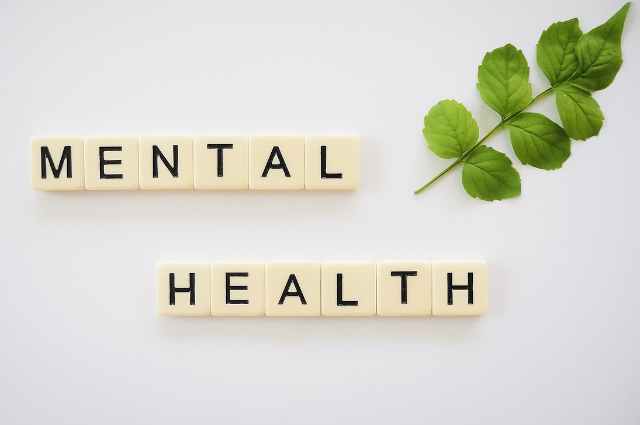
Image by Total Shape from Pixabay
World Mental Health Awareness Day, observed on October 10th each year, serves as a global reminder of the importance of mental well-being. In a world where the pace of life has accelerated, and the challenges we face are increasingly complex, the need to prioritize mental health has never been more crucial. This article delves into the significance of World Mental Health Awareness Day, the current state of global mental health, and the steps we can take to promote mental well-being.
The Importance of Mental Health Awareness
Mental health is an integral component of our overall well-being. It encompasses emotional, psychological, and social well-being and affects how we think, feel, and act. It is essential to understand that mental health is not a binary state; it exists on a spectrum, and every individual experiences fluctuations in their mental health. World Mental Health Awareness Day was established to reduce the stigma surrounding mental health issues and to promote awareness, understanding, and empathy for those affected.
The Global Mental Health Crisis
Mental health issues are pervasive and affect individuals of all ages, genders, and backgrounds. The World Health Organization (WHO) estimates that approximately 1 in 4 people globally will experience a mental health issue at some point in their lives. These issues range from common conditions like anxiety and depression to more severe disorders such as schizophrenia and bipolar disorder. The COVID-19 pandemic has exacerbated the global mental health crisis, with increased stress, isolation, and uncertainty leading to a surge in mental health problems.
Stigma and Discrimination
Stigma surrounding mental health remains a significant barrier to seeking help and receiving adequate support. People with mental health conditions often face discrimination, misunderstanding, and societal prejudice. This stigma can prevent individuals from seeking treatment, thereby exacerbating their conditions. World Mental Health Awareness Day plays a vital role in reducing this stigma by encouraging open conversations and promoting empathy and understanding.
Promoting Mental Well-being
To address the global mental health crisis and promote mental well-being, a multifaceted approach is necessary. There are some key steps that individuals, communities, and governments can take:
- Education and Awareness: Raising awareness about mental health issues is the first step in breaking the stigma. Educational campaigns, public discussions, and community events can help spread knowledge and foster empathy.
- Access to Care: Ensuring that mental health services are accessible, affordable, and of high quality is crucial. Investment in mental health care infrastructure and workforce is needed to meet the growing demand.
- Support Systems: Building strong social support systems is essential. Friends, family, and communities can play a significant role in providing a safety net for those struggling with mental health issues.
- Workplace Well-being: Employers can create mentally healthy workplaces by promoting work-life balance, stress management, and providing access to mental health resources.
- Government Policies: Governments can enact policies that support mental health, such as mental health parity laws, funding for mental health services, and integration of mental health into primary care.
Conclusion
World Mental Health Awareness Day serves as a reminder that mental health is a fundamental aspect of our well-being that requires attention and support. It is a call to action for individuals, communities, and governments to come together to reduce the stigma surrounding mental health, provide access to care, and promote mental well-being. By working collectively, we can create a world where mental health is a priority, and everyone has the opportunity to live a mentally healthy and fulfilling life.
